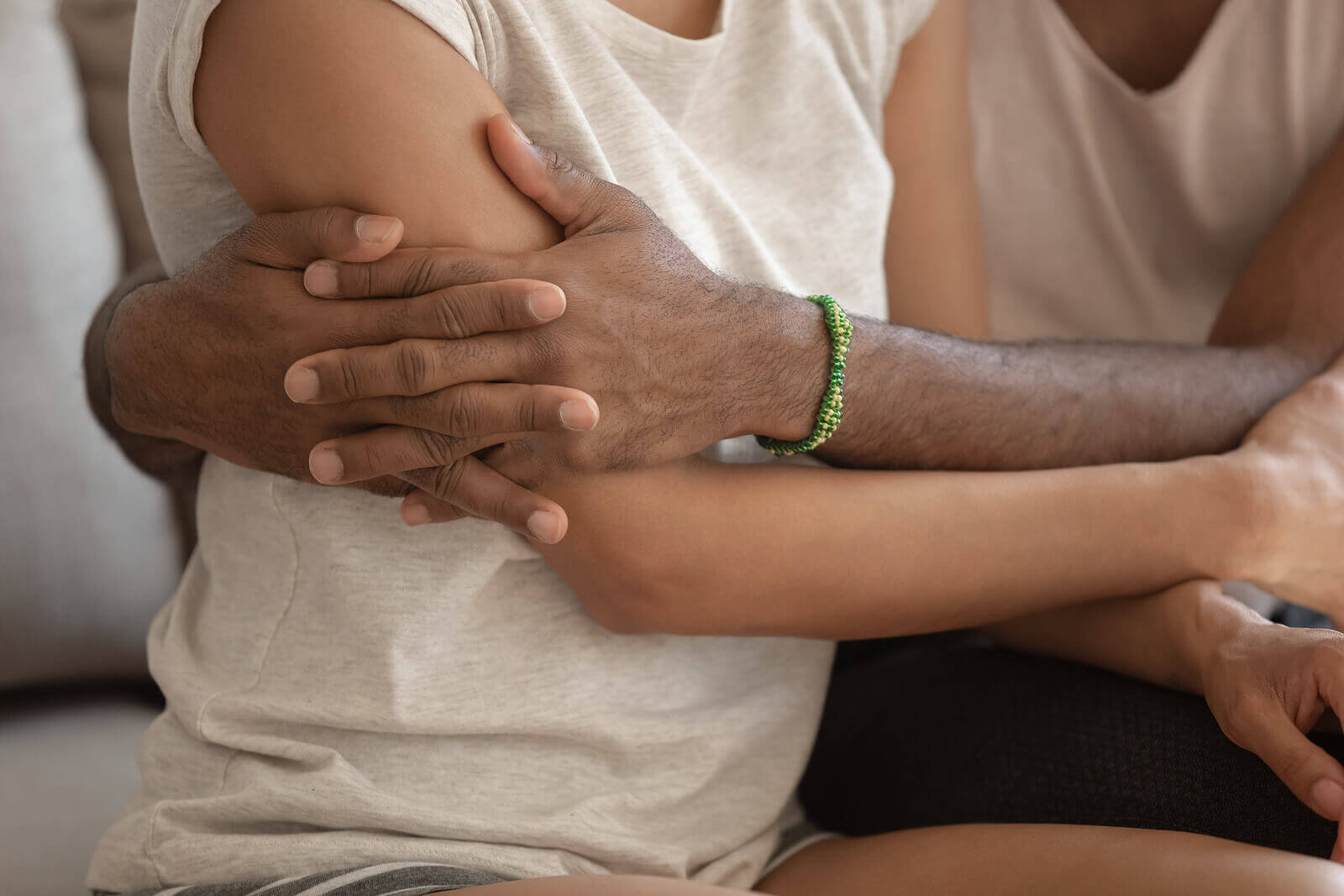
62% of those crimes are specifically related to race and ethnicity.
50% of racial crimes are directed at individuals with black and brown skin.
Parents are uniquely positioned to correct any misinformation their children may hear, assuage fears, and provide support after these events. Here are some tips for talking to your child about racially motivated violence.
1. Don’t avoid the conversation.
It can be hard to talk about something so scary and raw with a child. Most parents want to protect their children from the awful things in the world. However, avoiding the conversation does not shield your child from being exposed to information about racially motivated violence. It simply puts the conversation in the hands of others, like peers or social media.
2. All kids need to talk, not just minorities.
Racism is a topic for everybody, not just for people of color. Encourage your child to consider the emotions and experiences of people from racial and cultural backgrounds that are different from theirs. Empathy is a form of critical thinking. Expose your children to diversity and encourage engagement with people who are outside their ‘bubble’. Let them learn through experiences that all lived experiences are valid. Explore with older teens the message being conveyed when violence against a white victim is highly publicized, and racially motivated violence is underreported.
3. Don’t worry if you don’t have all the answers.

4. Use resources to foster the conversation.
Young children can struggle with big topics like racially motivated violence. Encourage expression through art and get curious. Ask them all about what their picture means. Reading books can be a rich way to explore race and experiences. For kids of color, it can be deeply meaningful to see themselves represented in novels. For all kids, it is an exercise in empathy. It is a chance to learn how to relate to a character unlike yourself. Check the books you have in your home library. Do the books reflect lots of cultures and races? Do those books also embody diverse issues and experiences? If your books about black characters only feature the history of slavery, or if your LGBTQ books only feature coming-out stories, consider books that explore broader issues within these communities.
- A Kids Book About Racism – Ages 5+. This book clearly defines what racism is, how it makes people feel to experience it, and what you can do about it.
- Where Are You From? – Ages 4-8. This book explores the microaggression of othering people of color by asking them where they are really from. This story follows a young girl who is often asked this question and her abuelo helps her answer it. It touches on themes of home, identity, and self-acceptance.
- Ghost Boys – Ages 10+. This YA novel follows a young black boy holding a toy gun that is shot by a police officer. His ghost then observes how his community grieves his loss. His ghost also meets Emmett Till. This touching novel explores how historical racism affected his own life and the complexities of being black in America.
- Something Happened in Our Town – Ages 4-8. This story follows two families, one white and one black, as they try to understand racially motivated violence.
5. Educate yourself about social justice.
Do you know the difference between equality and equity? Do you take time to examine ways in which power and privilege have affected your life? Racism is not new. It is deeply embedded in our society and has saturated our entire lives. What attitudes have you internalized? Engage in honest self-reflection and encourage your child to do the same.
Learn More About Parent Coaching in Scotch Plains, NJ

- Contact Brave Minds Psychological Services
- Meet with a caring therapist
- Get the parenting support you deserve
Other Services Offered at Brave Minds Psychological Services
At Brave Minds Psychological Services, we believe child therapy can make a massive impact. That said, we also offer other mental health services outside of parent coaching.
Our therapists offer parent counseling. Along with more general counseling for children, we specialize in anxiety treatment for children and child sexual abuse therapy. Additionally, we have therapists who specialize in offering therapy for teens, including counseling for teens with anxiety and social phobia treatment for teens.
Additionally, we offer a wide range of mental health services for adults including anxiety treatment, couples therapy/marriage counseling, counseling for postpartum depression, OCD treatment, bereavement counseling, and food allergy therapy. Finally, we have specialized trauma therapy and PTSD treatment. This includes counseling for birth trauma, pregnancy loss and miscarriage, equestrian trauma, and sexual assault counseling for adults,
We also have a blog where we write about a variety of different mental health subjects. If you’re interested in learning more about our services here at Brave Minds Psychological Services or online, please contact our Scotch Plains counseling office!



